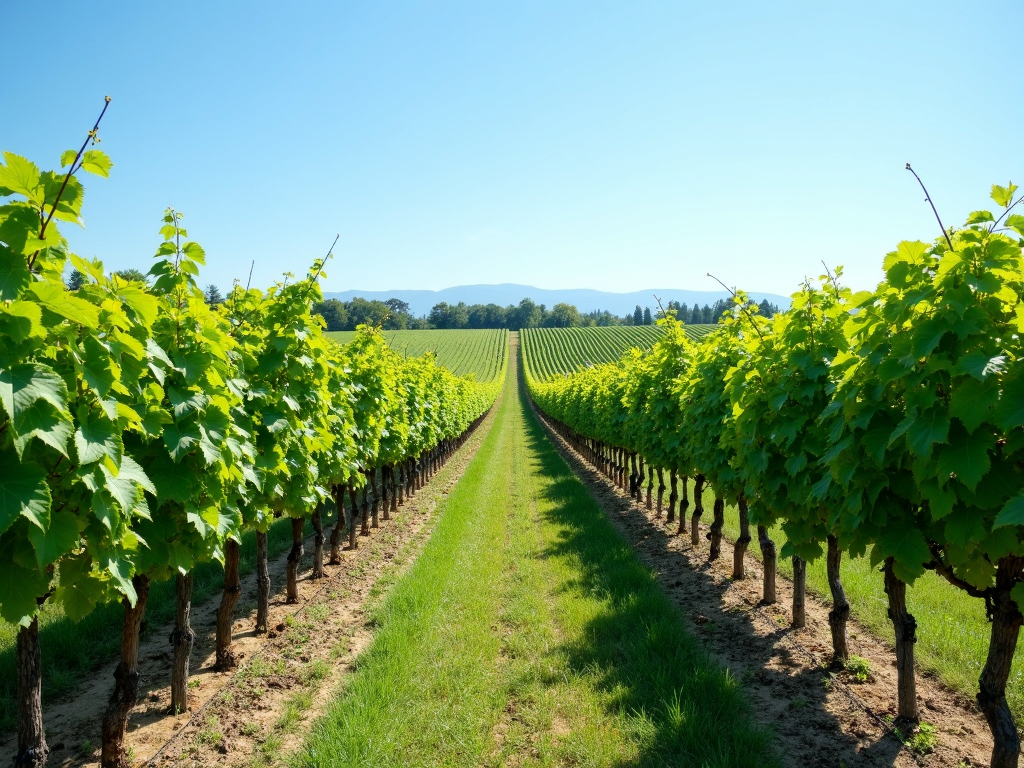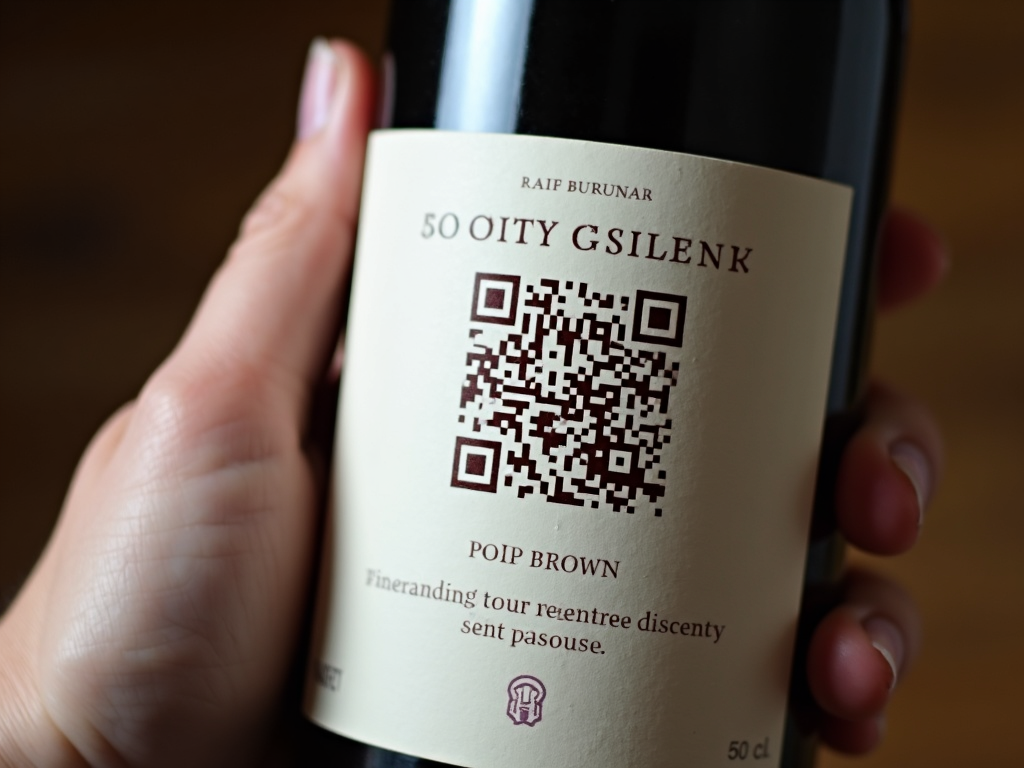The Benefits of Organic Wine: Why It’s Worth the Switch
Overview:
In recent years, organic wine has gained popularity among consumers who are increasingly conscious about what they consume and its impact on the environment. Organic wine is made from grapes grown without synthetic pesticides, herbicides, or fertilizers, and the production process avoids additives like sulfites. This article explores the benefits of organic wine, delves into sustainability in the wine industry, examines the evolution of wine bottle labels, and compares Jackson Family Wines with other brands. Whether you're a wine enthusiast or simply curious about organic options, this comprehensive guide will provide valuable insights into why organic wine is worth the switch.
The Benefits of Organic Wine
Organic wine offers several advantages over conventional wine. For one, it's better for the environment. Organic farming practices promote biodiversity, reduce soil erosion, and minimize water pollution. By avoiding synthetic chemicals, organic vineyards help preserve the natural ecosystem.
Health-wise, organic wine may be a better choice for some consumers. While all wines contain sulfites, organic wines have lower levels, which can be beneficial for those sensitive to these compounds. Additionally, organic wines are free from synthetic pesticides and herbicides, reducing the risk of chemical residues in the final product.
Taste is another factor. Many wine enthusiasts argue that organic wines have a more authentic flavor, as the grapes are allowed to express their natural characteristics without interference from synthetic additives.
Sustainability in the Wine Industry
Sustainability is a growing concern in the wine industry, with many wineries adopting practices to reduce their environmental impact. This includes water conservation, energy efficiency, and reducing carbon footprints.
For example, some wineries use drip irrigation to minimize water usage, while others invest in solar panels to generate renewable energy. Carbon neutrality is also a goal for many, with wineries offsetting their emissions through various initiatives.
Sustainable Practices in the Wine Industry
| Practice | Description |
|---|---|
| Organic Farming | Growing grapes without synthetic pesticides, herbicides, or fertilizers |
| Biodynamic Farming | A holistic approach that treats the vineyard as a self-sustaining ecosystem |
| Water Conservation | Using drip irrigation and other methods to minimize water usage |
| Energy Efficiency | Investing in renewable energy sources like solar panels |
| Carbon Neutrality | Offsetting carbon emissions through various initiatives |

The Evolution of Wine Bottle Labels
Wine bottle labels have come a long way from their traditional roots. In the past, labels were simple, providing basic information about the wine. Today, they're becoming more innovative, incorporating technology to engage consumers.
For instance, some labels feature QR codes that, when scanned, provide additional information about the wine, such as tasting notes or pairing suggestions. Others use augmented reality to create interactive experiences, bringing the label to life with animations or videos.
This shift towards innovation reflects the wine industry's efforts to connect with tech-savvy consumers and enhance the overall wine-drinking experience.

Jackson Family Wines vs Other Wine Brands
Jackson Family Wines is a prominent player in the wine industry, known for its commitment to sustainability and quality. Unlike some brands that focus solely on organic production, Jackson Family Wines takes a holistic approach, incorporating sustainable practices throughout their operations.
For example, they use lightweight glass bottles to reduce their carbon footprint, and they've implemented water-saving technologies in their vineyards. Additionally, they're involved in various environmental initiatives, such as habitat restoration and renewable energy projects.
In comparison, other wine brands may focus more on marketing their organic status without necessarily adopting broader sustainability measures. While organic certification is important, it's just one aspect of a winery's environmental impact.
Jackson Family Wines stands out for its comprehensive approach to sustainability, making it a leader in the industry.

Summary:
Organic wine offers numerous benefits, from environmental sustainability to potential health advantages and authentic taste. As the wine industry continues to evolve, sustainability practices are becoming increasingly important, with wineries adopting innovative approaches to reduce their impact. The evolution of wine bottle labels reflects this shift, incorporating technology to engage consumers. Jackson Family Wines exemplifies a commitment to sustainability, setting a standard for others in the industry. Whether you're a seasoned wine connoisseur or just beginning to explore organic options, making the switch to organic wine is a choice that benefits both you and the planet.